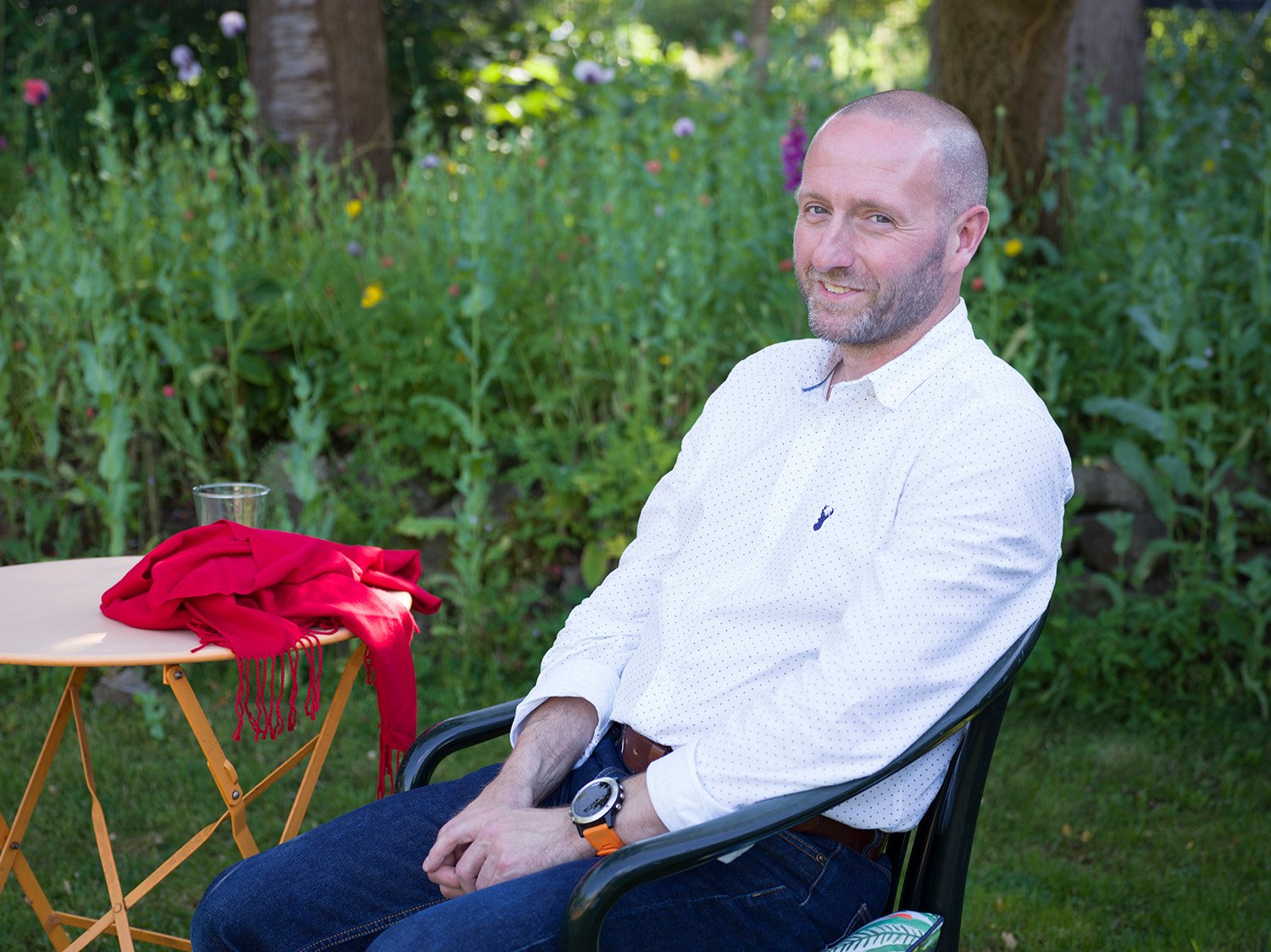What matters most?
Martin
Ever since Martin was a teenager he had wanted to work in the medical field. He joined the ambulance service 11 years ago as a high-dependency operative before doing his emergency medical technician course and becoming a paramedic.
He has been a paramedic for over five years and is currently progressing with his advanced practice.
“There is no common day to day for a paramedic, every day is different. You could be going to an old people's home or to a car crash, anything you can think of. We attend all variety of situations on a daily basis, from the most minor to the most serious. I get great job satisfaction from my role as a paramedic and from helping people.” Dealing with so many different situations can often be tough on individuals, but colleagues offer the most important psychological support to Martin. “I think our colleagues are probably the most important aspect of our psychological support. There are formal processes in place to help deal with things but personally, I've always spoken to my immediate colleagues, because they're normally the only people that can really understand what you've seen or done. Most other people can't comprehend the things that you have to do.”
Working as a paramedic Martin often finds himself being called out to situations where a person is nearing the end of life. “What matters most to me, especially in end-of-life care, is the patient or more specifically the person that I am helping. I think it is the key to remember they are a person, they are somebody's mother, father, sister or brother. We always need to regard them as a person rather than a patient, because it's all about them. They are the most important thing in that situation and their outcomes are essential, every choice made must be a patient-centred decision. It’s not what we want for them but whatever the patients regard as being in their own best interest. It is about putting everything in place to make the person comfortable”












